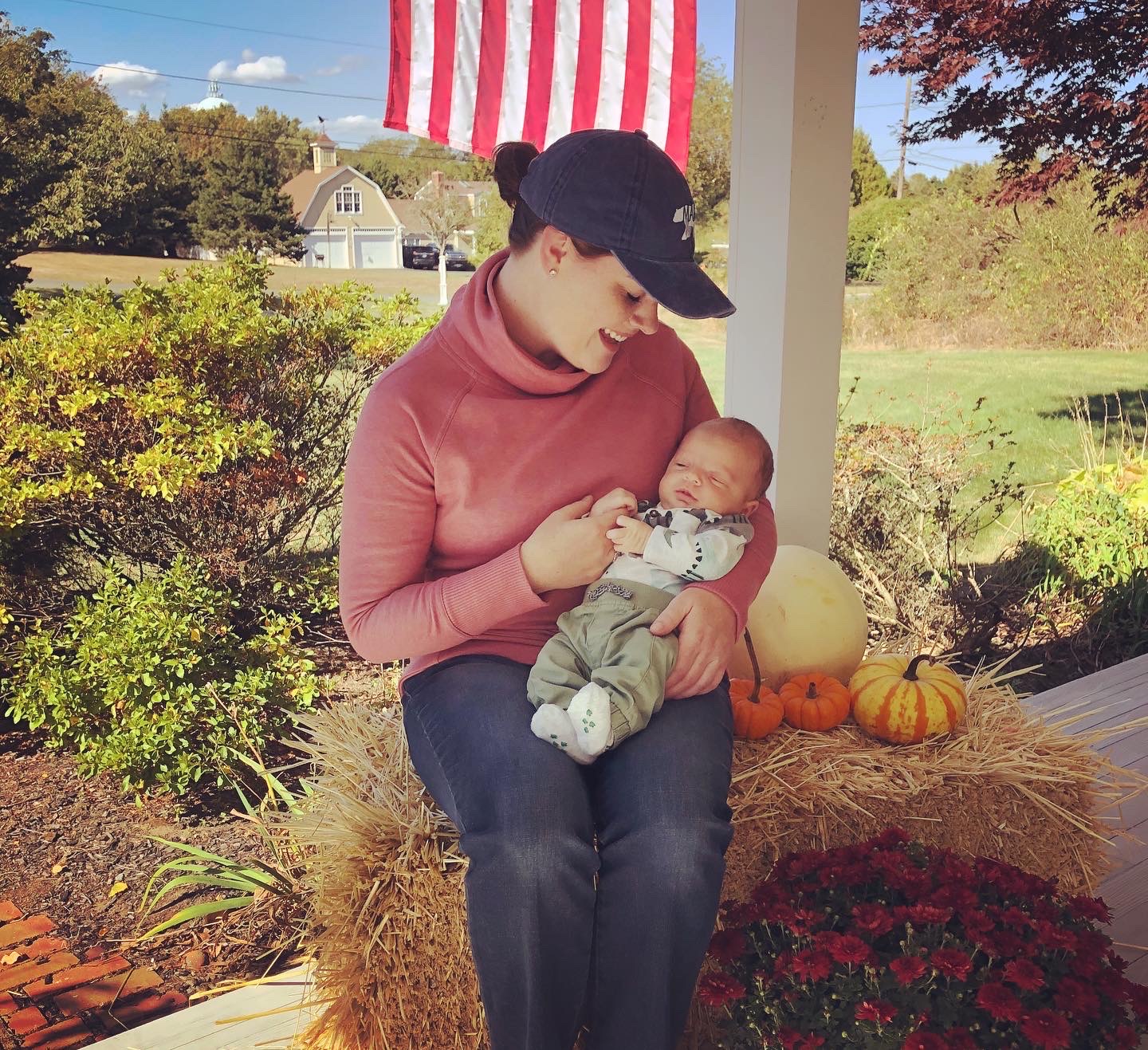Published: January 29, 2022

Lean on Me: Military Families are Struggling to Find Friendship and Belonging
Did you know that only one in five (21%) active-duty family respondents to the 2020 Military Family Lifestyle Survey (MFLS) agreed that the civilians in their community truly understand the sacrifices made by local service members, Veterans, and their families?
That’s a problem. Why? Because when the civilian community doesn’t understand the issues military families face, military families often go without needed support. And that lack of support can lead to isolation and depression.
Caroline, an Army spouse and mom of two, knows just how much the pain of isolation can impact military families. “I am still relatively new to military life,” Caroline shared. “I’m still very much figuring things out. Each move comes with a massive learning curve, and it feels like just when I start to figure out a new place, we move again. Our last move was our first move with a child and my hardest adjustment yet. Actually, that seems like an understatement. It was crushing. So many military families seem to love being out in Colorado, which made it even harder for me when I started struggling so much. I didn’t feel like the military community understood what I was feeling, and I didn’t have any connections within the civilian community for support either. We lived off post, my husband’s training schedule was nonstop taking him away frequently for months at a time, and my neighbors wouldn’t even wave back to me when I’d take my daughter out for a walk. I felt so alone, like my new home was anything but a welcoming place to be. For the first time in my life, I started to feel really depressed. And then the pandemic hit, and everything got exponentially worse.”
Sadly, Caroline isn’t alone. More than half of active-duty family respondents to the 2020 MFLS reported that COVID-19 had made their own mental health (59%) and their children’s mental health (52%) worse or much worse. Knowing she needed help, Caroline reached out for mental health services. While therapy provided an essential outlet, finding a way to create community connections was still a challenge.
“As an adult, it can be hard to find new friend circles after each move, but trying to build relationships during the pandemic felt impossible,” Caroline said. “I was pregnant with our second child and, being high risk especially, I had to be very careful about where I went and the precautions I took. I couldn’t attend an event, a spouses’ club lunch, or a mommy and me tumble class. I couldn’t set up a playdate or even try to meet someone for a coffee. My neighbors all seemed to keep to themselves; neighborhood parks were roped off and closed. I didn’t know how to find connections and how to create some feeling of belonging to my new home. I hoped it would just be a few weeks, maybe a month. But here we are, two years later, and I still don’t have a single friend at this duty station. Now we are set to move again, and it’s such a relief to be done here. It’s still daunting though. I can only hope our next duty station will be better.”
But we at Blue Star Families don’t want families like Caroline’s to just be relying on hope. We want to bridge the civilian-military divide, creating mutually beneficial relationships to integrate military families into their communities successfully. So that all military families can find a sense of belonging, a sense of home.
However, we need your support to get there. If you’re a military family looking for resources and community, connect with us! Or, if you’re a civilian supporter, become a Blue Star Neighbor today, so military families know they have a place to turn. It can be as simple as inviting a family over for coffee or as bold as helping a local Blue Star Chapter to grow with your financial commitment.
“I was lucky to be connected with Blue Star Families before we moved,” Caroline recalled. “While there isn’t a Chapter where we are yet, I was able to join the National Chapter and attend several virtual events. It doesn’t fully replace the in-person connections and interactions I miss so much, but it has given me a great outlet to vent, to connect, to feel like a person again for a moment. I am so grateful for that and will continue to utilize Blue Star Families’ resources as I look to build new relationships in our next community.”
Posted In:
